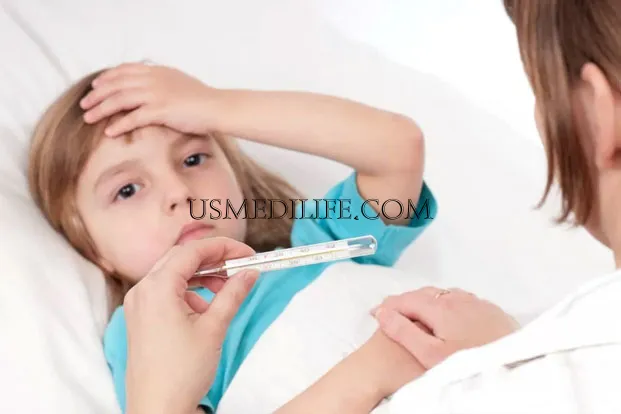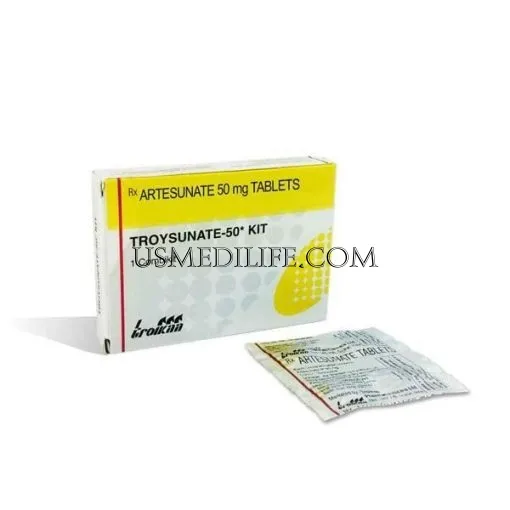Product Grid
Anti-Malaria
What is Anti-Malaria?
Doctors may give you medicines to prevent malaria. Besides that, medicine can prevent viral infections, for example.
Malaria causes a serious disease that kills more than 400,000 people annually, making it the cause of one-third of child mortality in some African countries.
These symptoms include fever, chills, and even flu symptoms that can turn critical if left untreated. The places, especially warm ones like those during the warmer, tropical seasons, can cause one to contract malaria when one visits different parts of the world.
When we talk about curing illnesses by taking drugs, we refer to precautionary measures as prophylactic medicine. The person taking the drug is using the medicine to keep the disease away from them.
However, this does not mean that consuming malaria pills every day leaves you 100% immune to the disease. You can create your own journey towards sustained fitness with this comprehensive guide.
The drugs should be used together with other preventive measures, including using insect repellents, wearing long sleeves, and ensuring your sleeping place is wrapped with nets and treated with disinfectant.
Symptoms of Malaria
- A high temperature, sweats and chills
- headaches and feeling confused
- feeling very tired and sleepy (especially in children)
- feeling and being sick, tummy pain and diarrhoea
- loss of appetite
- muscle pains
- yellow skin or whites of the eyes
- a sore throat, cough and difficulty breathing
- These symptoms usually appear between 7 and 18 days after you've been bitten by an infected mosquito.
But sometimes you may not have symptoms for months after travel, and rarely years.
How Can I Prevent Malaria?
There are 2 main ways to reduce your chance of becoming sick with malaria:
- taking anti-malarial medicines
- preventing mosquito bites
If you are away for a vacation or business to an infected area, you should take anti malarial tablets throughout your trip and continue using it two weeks after you are back home.
To make sure that you have enough time before your travel, have a pre-travel visit to your doctor or an travel doctor by the 4th -6th week before. Your health care provider or travel clinic can advise you if that area is affected and whether you need to undergo preventive intervention before that and if the medicines should be consumed prior to your arrival.
To avoid mosquito bites you should
Some anti-malarial agents can be accepted during pregnancy period and breastfeeding the baby, while those are not. Review with our doctor, pharmacist, if you are pregnant or nursing.
Stand at home on the first and last hours of the day when mosquitoes are the more active.
Specially if you have sensitivity to bites, do not sleep in a room with heavy screens or air conditioning or under an untreated permethrin bed net (a insecticide).
Whatever remains outside, wear shoes over the covered and hanging loose clothes over your body.
Use mosquitoes repellent with DEET (other formula of mosquitoes repellent). In case of pregnancy or travel with kids consult your physician to get an approved formula.
Spray mosquito repellent on your clothes. Advice: Rather than using the passive voice, it is encouraged to structure the sentence in an active voice for clarity and conciseness.
Introduce insect sprays of pyrethrum into the house or place the vaporising cartridges within the house as well.
Types of Malaria Pills
Malarone (Atovaquone-proguanil)
You should take this pill every day, starting 1 or 2 days before travel, and continue for a whole week, as you acquire the vaccine. This medication has a lower occurrence of side effects compared to other meds, but pregnant women or those with kidney problems should not take it.
Additionally, atovaquone-proguanil is more expensive than some other drugs used to treat malaria and was not as effective as people believed.
Chloroquine
You should take this medication once per week, starting around 1-2 weeks before your travel and continuing for 4 weeks after the trip. However, chloroquine, which previously effectively treated P. falciparum, the dominant and dangerous species of malaria, is no longer effective globally. If you are traveling through malaria areas not caused by P. falciparum, your doctor may suggest that you take it.
Doxycycline
You should take this pill daily, as it consistently provides malaria medicine at the cheapest price. The idea is to start taking it a month before your trip and continue for a few months after your trip. Take it every day during the four weeks of travel.
Side effects may include nausea (upset stomach), sensitivity to the sun, and, for women, a risk of yeast infection. Pregnant women and children under 8 should not take this pill; we need to skip a few generations here.
Mefloquine
We recommend starting to take Mefloquine a few days before the travel and continuing to take it throughout the trip until you are 5 weeks post travel. We prioritize the safety of your body to protect the health of the fetus.
That's why pregnant people use it, but people with a history of seizures, severe heart problems, or psychiatric conditions shouldn't. Common harmful effects include drowsiness, sleep problems, and psychiatric reactions.
Primaquine
We administer the drug 1-2 days before the journey, starting this week or so ahead of the trip, and continue it for up to one week. A reaction to cocaine may include nausea or stomachaches. We only give Primaquine to pregnant women.
However, patients should be concerned about this disease, also known as glucose-6-phosphate dehydrogenase deficiency, as other drugs cause red blood cells to break down.
Tafenoquine (Arakoda, Kozenis, Krintafel)
There is an urgent need to introduce the new drug for people over the age of 16 years old who intend to travel to malaria-affected regions. You have to take it once daily for three days preceding the trip to the area, as well as throughout the stay, and on day seven after the trip.
In addition to that, we could also add tafenoquine to the P. falciparum asexual blood stage antimalarial regimens in a bid to halt relapses in patients who are already infected with malaria. The agent has been reported to result in nausea.
We should exclude it from use in those less than 16 years old, women who are pregnant or breastfeeding, those with G6PD absent mutations, as well as those with a previous history of psychiatric disorders.
FAQs-
Which are anti malarial drugs?
Anti-malarial drugs include chloroquine, artemisinin-based combinations, mefloquine, doxycycline, and primaquine.
What is the best drug for malaria?
Artemisinin-based Combination Therapies (ACTs) are considered the most effective drugs for malaria treatment.
Which antibiotic has anti malaria?
Doxycycline is an antibiotic that has activity against malaria parasites and is used for malaria prevention.
What are 3 drugs used to treat malaria?
Three drugs used to treat malaria are:
Artemisinin-based Combination Therapies (ACTs)
Chloroquine
Atovaquone-proguanil
What is the latest treatment for malaria?
Artemisinin-based Combination Therapies (ACTs) are the latest treatment for malaria.
Can doxycycline treat malaria?
Yes, doxycycline can be used to treat and prevent malaria.
Can amoxicillin treat malaria?
No, amoxicillin is not effective against malaria. It is an antibiotic primarily used to treat bacterial infections, not parasitic diseases like malaria.
Can malaria be killed by antibiotics?
No, malaria is caused by a parasite, not bacteria, so it cannot be killed by antibiotics. Antimalarial drugs are specifically designed to treat malaria infections.

SUGGESTION FORM
PRODUCT REQUEST FORM



